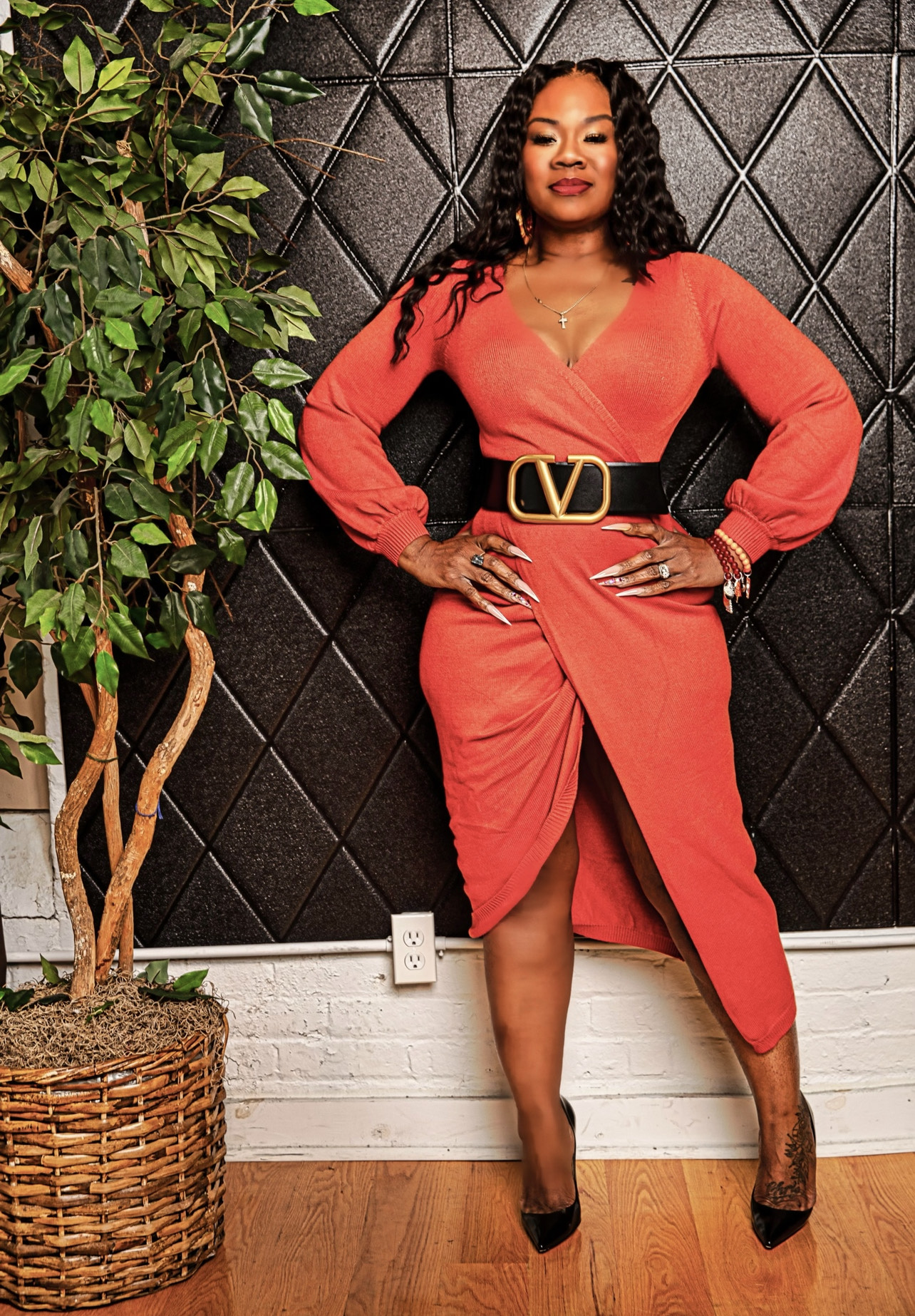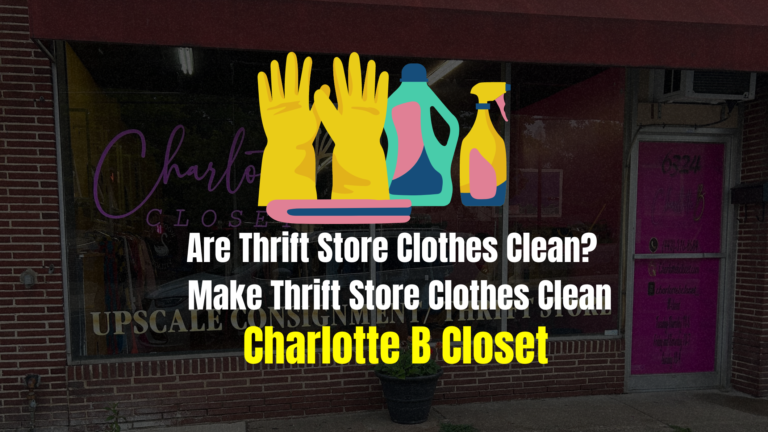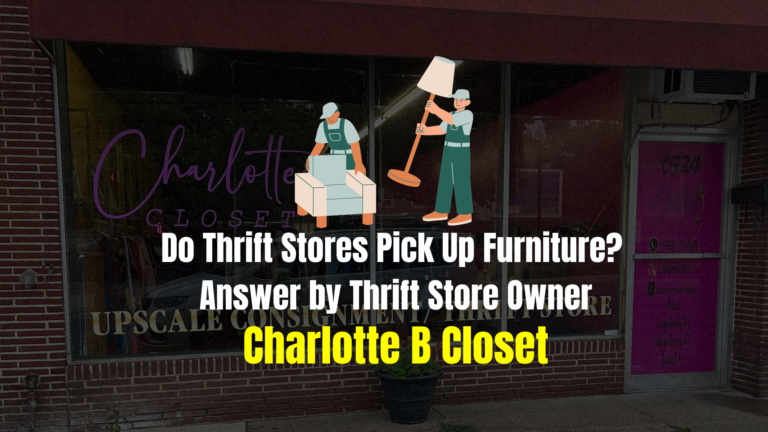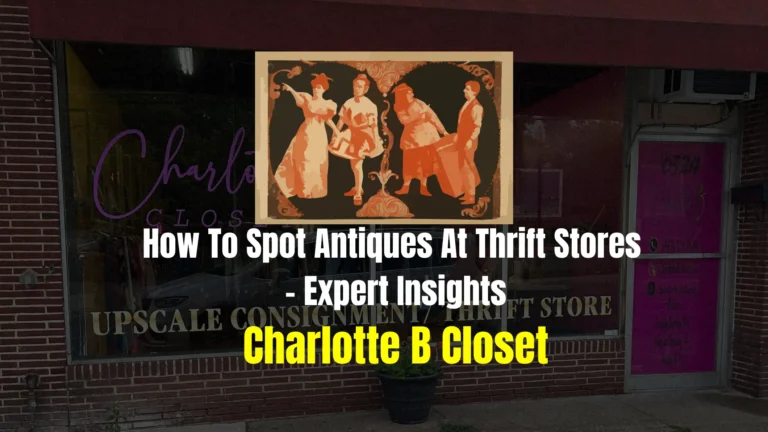Where To Sell Used Wedding Dresss – Know The Best Platforms
Deciding to part ways with one’s cherished wedding dress can evoke emotions, from nostalgia to a sense of practicality.
As many ponder the sentimental value, the question remains: where to sell used wedding dress?
The short answer is to look beyond traditional methods. Dive into specialized wedding attire resale platforms, tap into the broad audience of e-commerce sites, and explore the intimacy of local bridal shops or the vast reach of social media marketplaces.
The right answer can not only fetch you a fair price but also extend the dress’s story to another beautiful beginning.
Where to Sell a Used Wedding Dress – A Brief Overview
Selling that special dress is not just about making room in your wardrobe; it’s about passing on a piece of art, emotion, and memory. In today’s digital age, myriad avenues await the seller. Specialized online platforms provide dedicated spaces for wedding dresses, ensuring your dress gets the spotlight it deserves. E-commerce giants like eBay reach vast audiences, increasing the chances of a quicker sale. But don’t underestimate the power of local bridal consignment shops, where personalized service meets localized demand. Furthermore, the realm of social media offers platforms like Facebook Marketplace or Instagram Shops, where visual storytelling can truly shine. As you embark on this selling journey, remember it’s about more than just a transaction; it’s about weaving new stories around cherished memories.
Selling or Donating at Thrift Stores
Before diving into the emotional and practical considerations of selling your wedding dress, another altruistic avenue to explore is donating or selling it at thrift stores. This option not only supports a circular economy but also makes beautiful wedding dresses accessible to those on a tighter budget.
Thrift Store Overview
Thrift stores are establishments that sell second-hand items at much lower prices compared to retail. They are often operated by non-profit organizations with the proceeds going towards charitable causes. When it comes to wedding dresses, thrift stores provide an opportunity for your cherished item to find a new home while contributing to a greater good.
Steps to Sell or Donate at Thrift Stores:
- Research: Look for reputable thrift stores in your area or those known for handling wedding dresses.
- Inquire: Contact the thrift stores to understand their policies on accepting wedding dresses for sale or donation.
- Clean and Prepare: Ensure your dress is clean and in good condition before handing it over.
- Document: If selling, set a reasonable price. If donating, obtain a receipt for tax deduction purposes.
- Deliver: Arrange a time to drop off your dress or utilize any collection service offered by the thrift store.
Opting for thrift stores can be a rewarding choice, intertwining the spirit of giving with the practical aspect of decluttering. This route not only extends the narrative of your wedding dress but also partakes in a broader social impact narrative.
Is It a Good Idea to Sell Your Wedding Dress?
Selling a wedding dress can be both an emotional and practical decision. While the dress may hold sentimental value, parting with it can provide financial benefits, free up space, and contribute to sustainable fashion by giving the dress a second life.
Emotional Value vs. Practical Benefits
A wedding dress often holds a unique place in our hearts. It’s not just a piece of fabric but a symbol of one of the most special days in one’s life.
Therefore, the emotional value attached to it can be immense. Some individuals cherish this sentiment and choose to keep their dresses as heirlooms or memories.
However, on the flip side, holding onto a wedding dress has its practical implications. For many, the dress is worn once and then stored indefinitely, taking up space and rarely seeing the light of day again.
Selling the dress can convert this sentimental item into monetary value, potentially helping to recover some of the initial costs or fund other ventures.
Clearing Space
With the evolving trends in fashion and living spaces, practicality often trumps sentimentality.
Keeping a voluminous wedding dress might mean sacrificing wardrobe space that could be better used for everyday items or new acquisitions.
Selling a used wedding dress can be a proactive way to declutter, organize, and make room for the new while ensuring the dress finds a new home where it will be cherished and used.
Sustainability
In the era of conscious consumerism, selling a wedding dress contributes to a circular economy.
By giving the dress a second chance at life, sellers reduce wastage and promote sustainable fashion.
Instead of the dress being relegated to the back of a closet or, worse, a landfill, it gets to be part of another joyous occasion, emphasizing the importance of recycling and reusing.
Exploring the Venues: Where to Sell a Used Wedding Dress
The digital age offers myriad platforms for selling wedding dresses. From specialized online platforms and popular e-commerce sites to local bridal consignment shops and social media marketplaces, each venue offers unique benefits catered to different seller preferences.
Specialized Online Platforms
The internet has made it easier than ever to connect buyers with sellers.
Numerous platforms specialize in wedding attire resale, catering to a niche audience actively seeking such items.
These websites typically have stringent quality checks, ensuring dresses are in good condition.
They also offer advice on pricing, presentation, and shipping, streamlining the selling process for novices and experienced sellers alike.
General E-Commerce Platforms
Websites like eBay have been around for decades and have a vast user base. While they aren’t specialized for wedding dresses, their extensive reach might just connect sellers with the perfect buyer. With the right description, pictures, and pricing strategy, a wedding dress listing can stand out and attract potential buyers looking for a bargain or a specific style.
Local Bridal Consignment Shops
There’s something reassuring about a face-to-face transaction. Local bridal consignment shops offer just that. These stores typically have a curated collection, and they understand the local market and its preferences. Selling through these shops can often mean a quick sale, personalized service, and a fair understanding of the dress’s value based on local demand.
Social Media Marketplaces
The rise of platforms like Facebook Marketplace and Instagram Shops has revolutionized peer-to-peer selling. With features allowing for location-based searches, easy communication, and user reviews, these platforms make selling a personalized and interactive experience. It’s also a space where sellers can tell the story behind their dresses, adding a layer of emotion to the sale.
Emerging Options
The digital age is ever-evolving, and so are platforms for resale. New apps and platforms are continually emerging, focusing on user experience, sustainability, or even virtual try-ons. Keeping an eye on these emerging options can open doors to innovative and potentially more lucrative ways to sell a used wedding dress.
Best Way to Sell a Used Wedding Dress
Effective selling hinges on presentation and strategy. High-quality photos coupled with a compelling story can captivate buyers. Setting the right price, ensuring the dress’s authenticity, and selecting secure payment and shipping methods are crucial for a successful transaction.
Presentation Matters
Just as in a brick-and-mortar store where items are displayed to attract buyers, online selling also relies heavily on presentation.
The first impression is often a lasting one. Thus, investing time in photographing the dress from multiple angles under good lighting conditions can significantly increase its appeal.
Close-ups of intricate details, lacework, or embellishments can highlight the craftsmanship.
Additionally, writing a compelling description can make a world of difference. Narrate the story of the dress, mention the designer, fabric type, alterations made and the overall experience of wearing it.
A well-crafted story can resonate with potential buyers, making them envision their special day in that dress.
Setting the Right Price
Price can be a make-or-break factor in the resale market. It’s essential to strike a balance between the dress’s intrinsic value and market demand. Research similar dresses online to get an idea of the going rate. Consider factors like the dress’s brand, age, and condition. Being open to negotiation can also expedite the selling process, but always set a minimum threshold to ensure you’re satisfied with the final price.
Authenticity and Verification
In an era where counterfeits flood the market, assuring potential buyers of the dress’s authenticity is paramount. If the dress is from a renowned designer or brand, having a certificate of authenticity or the original purchase receipt can be beneficial. For dresses without such documents, clear photographs of labels, tags, and unique design elements can serve as verification. Providing a transparent return policy can also instill confidence in skeptical buyers.
Shipping and Payment
Once a sale is agreed upon, the logistics come into play. Choosing a secure payment method, like PayPal or escrow services, can protect both the buyer and the seller. As for shipping, using tracked and insured services ensures that the dress reaches its new owner safely. Always communicate shipping costs upfront and consider offering both standard and expedited options.
How Much Can You Earn by Selling a Used Wedding Dress?
Resale values vary based on factors like brand, condition, and design details. Keeping abreast of market trends and understanding the influencing factors can help sellers gauge potential earnings and set realistic expectations for their dress’s resale value.
Factors Influencing the Resale Value
When it comes to determining a wedding dress’s resale value, sellers must consider a plethora of factors. These elements not only decide the attractiveness of the dress to potential buyers but also the price point at which it might be sold. Here are some of the top factors:
- Brand and Designer: Just as in the primary market, the secondary market values renowned designers and sought-after labels. Dresses from big names can command higher prices due to their reputation for quality, design, and exclusivity.
- Condition of the Dress: A dress in pristine condition, free from any stains, tears, or wear marks, will naturally be more appealing to buyers. A well-maintained dress suggests the seller’s care and attention, making it easier to sell at a higher price point.
- Design Intricacies: A dress adorned with hand-sewn details, intricate lacework, beads, or sequins can captivate a buyer’s attention, making them more willing to pay a premium.
- Fabric and Material: The use of rare or luxurious fabrics like silk, organza, or imported lace can push up the dress’s value. These materials often signify quality and opulence.
- Exclusivity: Limited-edition pieces or designs that are no longer in production can fetch higher prices due to their rarity in the market.
- Alterations: Any modifications made to the original dress can either increase or decrease its value. Professionally done alterations that enhance the dress’s fit or look can be beneficial, while poorly executed changes might reduce its appeal.
Market Trends
The world of fashion is ever-evolving, and the bridal dress resale market is no exception. Understanding the pulse of the market can provide invaluable insights into the best time to sell and the kind of price one might expect. Some notable trends include:
- Vintage Resurgence: There are periods where nostalgia takes center stage, leading to a surge in demand for vintage dresses. These dresses, characterized by their unique styles from yesteryears, can attract a niche audience looking for something classic and timeless.
- Minimalist Wave: Simplicity and elegance can sometimes overshadow opulence. Minimalist dresses, known for their clean lines and understated beauty, might become the sought-after style in certain seasons.
- Sustainability Push: With a growing emphasis on eco-friendly choices and sustainability, pre-loved dresses are gaining popularity. Modern brides are increasingly looking for ways to have a green wedding, and buying a second-hand dress fits perfectly into that narrative.
- Seasonal Preferences: Just as retail fashion has its seasons, bridal dress preferences can change based on the time of the year. Light, flowy dresses might be in demand during spring and summer, while heavier, layered designs could be preferred in fall and winter.
- Designer Collaborations: Occasionally, renowned designers might collaborate with popular bridal brands to launch special collections. These collaborations can influence trends, making certain styles or designs more sought after in the resale market.
Real-life Examples
There’s nothing like a success story to inspire confidence. Many sellers have had varied experiences in the resale market, from quick sales at desired prices to longer waiting periods and price adjustments.
Sharing these stories can offer valuable insights to potential sellers. It showcases the reality of the market, the highs and lows, and, more importantly, the fact that with patience and strategy, selling a used wedding dress can be a rewarding experience.
Conclusion
Navigating the path of reselling a wedding dress isn’t merely about finding a platform.
It’s about understanding market trends, the factors that define your dress’s value, and presenting it in a way that resonates with potential buyers.
Whether it’s a minimalist piece from last season or a vintage treasure, every dress has a story waiting to be continued.
As sustainability becomes a central theme in fashion, the journey of a pre-loved wedding dress epitomizes the blend of emotional tales and eco-conscious choices.
FAQs
What’s the best time of year to sell a used wedding dress?
The ideal time to sell a used wedding dress is during bridal peak seasons, typically spring and early summer, when brides are actively searching.
How do I ensure my dress stands out on online resale platforms?
Highlight your dress’s unique features, use high-quality photos, and craft a compelling story or description to make it more appealing to potential buyers.
Do designer labels significantly impact the resale value of a wedding dress?
Absolutely! Renowned designer labels often fetch higher resale prices due to their reputation for quality, design, and exclusivity in the bridal market.
Is it safe to sell a wedding dress on social media platforms?
Selling on social media can be secure if you use trusted payment gateways, avoid sharing personal details, and engage in transactions only with genuine profiles or buyers.

Hi there, I’m Toni Whitten, but you might know me as LadyT. I’m a passionate entrepreneur and the proud owner of Charlotte B’s Closet, your go-to thrift store and upscale consignment.
Outside the store, I connect with the amazing women in my exclusive Facebook group, Housewives of Baltimore, boasting over 23k+ members.
In my free moments, I channel my passion for sharing genuine insights and helpful guides on various concerns through my blog at charlottebcloset.com.






